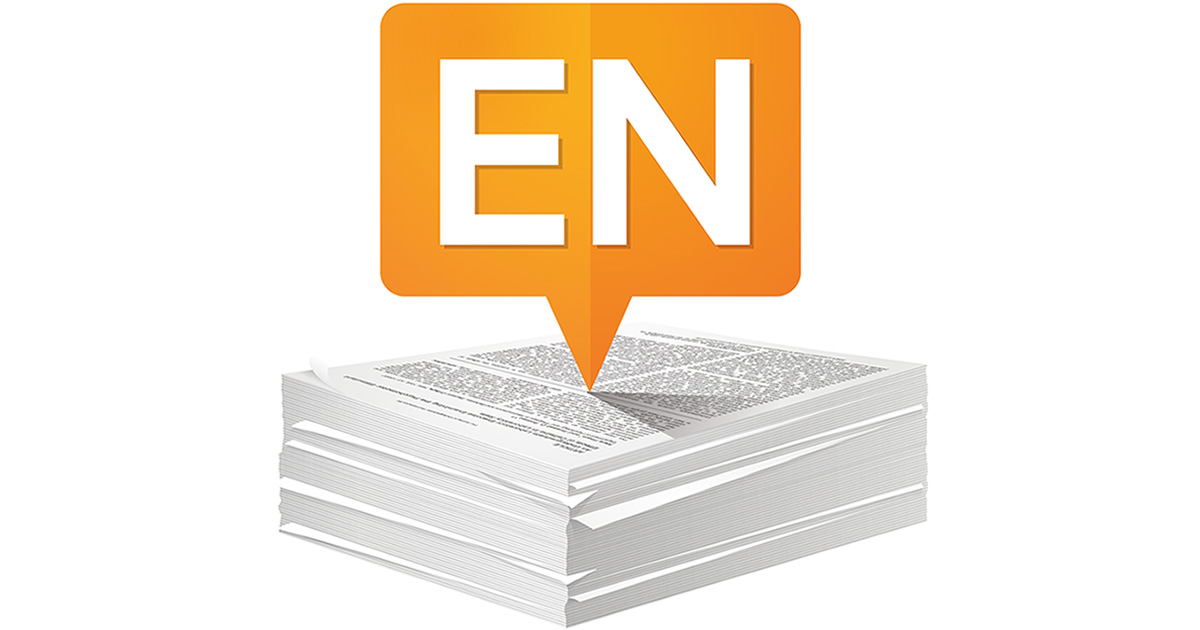I write a lot about co- writing and the particular people I work with. But there’s one co-writing situation I don’t talk much about. And I should own up. I have been in a writing relationship with EN – full name EN Dnote – for over twenty years. I confess that I have very occasionally flirted with other newer, cheaper models, but have always returned.
Like all bibliographic software, EN is a great time-saver. I can’t imagine writing a long document like a book without being able to amass citations and references as the work proceeds.
I know a lot of people do somehow get along without a scholarly labour saving assistance, but really – why? Is it the initial time you have to spend settling EN into your writing stuff/time/space that puts you off? You know all that time you non EN lovers spend post-draft doing the references? It quickly adds up to more than you’d spend if you established an ongoing, working EN library. It’s time well spent I can assure you – it’s great finishing writing a draft, knowing that you’re done with the referencing at the same time.
I actually hate having to do without EN. Very occasionally I have to write something for a publication which has a style so peculiar EN struggles. It’s then I realise how much I depend on EN. My process of writing and EN have become entangled. I like the way EN’s small window sits alongside my docs on screen. EN is constant, always there. I can search EN at any time I choose and material is simply waiting for me to call it up.
I am seriously accustomed to working together with EN on a text. And not just to do the drafting and revising. Sometimes I use EN to mass a set of notes which I can massage into an outline. Mostly EN and I proceed together at the same pace through writing but occasionally, I let EN have little rests, and we then do a retro-reference job.
And EN has changed over the years. Like me, they’ve got better at academic writing. Once a pretty simple data base – best thought of as electronic library cards – EN, like its companions, is now meshed into the web and multiple libraries and platforms. EN stores PDFs if you want it to, can talk with other people’s EN libraries, has multiple styles and can even make new bespoke styles with you.
Hang on, any bibliographic software can do this, I hear you say. Well yes. That’s true.
But EN and I have shared history. Twenty years’ worth of reading for writing is accumulated in my EN’s files. I can’t possibly remember all of this. But EN does. I do have to help EN with memory work by making sure that I enter all of the appropriate notes and key words. But once primed, EN is almost infallibly reliable. Together, we have a prodigious grasp of over nine thousand books, papers and newspaper clips.
EN and I know each other’s eccentricities and needs. EN knows that I often require work on very long book texts and they are up for the challenge. And I found out early on that if I didn’t enter book and paper titles in lower case, and use surname, Christian name format for authors, then EN would sometimes struggle to produce orderly references.
But very occasionally EN deserts me. Well this usually isn’t EN’s fault, to be fair. There was a time not too long ago when word processing updates got way ahead of EN and I could no longer cite and reference. Forced to choose between writing with EN or not, I uninstalled the new wordprocess software. New wordprocess or EN? It wasn’t a choice.
And just the other day when I migrated data from my desktop to a brand new laptop, EN decided not to move into the new environment. I panicked. Where would I be without EN? What use was this expensive new laptop without EN? The whole point of getting new gear was so that I could write anywhere, anytime, and for that I needed EN. I soon realised I was at fault not EN. I needed to do a total migration of data in order to get EN on board with me. Once I’d done that, we were reconciled.
I know other people have other bibliographic software loves and fancies and that’s well and good. To each their own. EN is my choice of co-writer. You see, EN and I just suit each other. There may well be better, faster and smarter models on the market now, although I have yet to be entirely convinced of this, no matter what you say.
EN and I are one. Divided we are weak. Together we are powerful. It will take quite a bit to make me forget twenty years together.
Twenty years and still going strong. EN, here’s to a great post-humanist writing collaboration.

